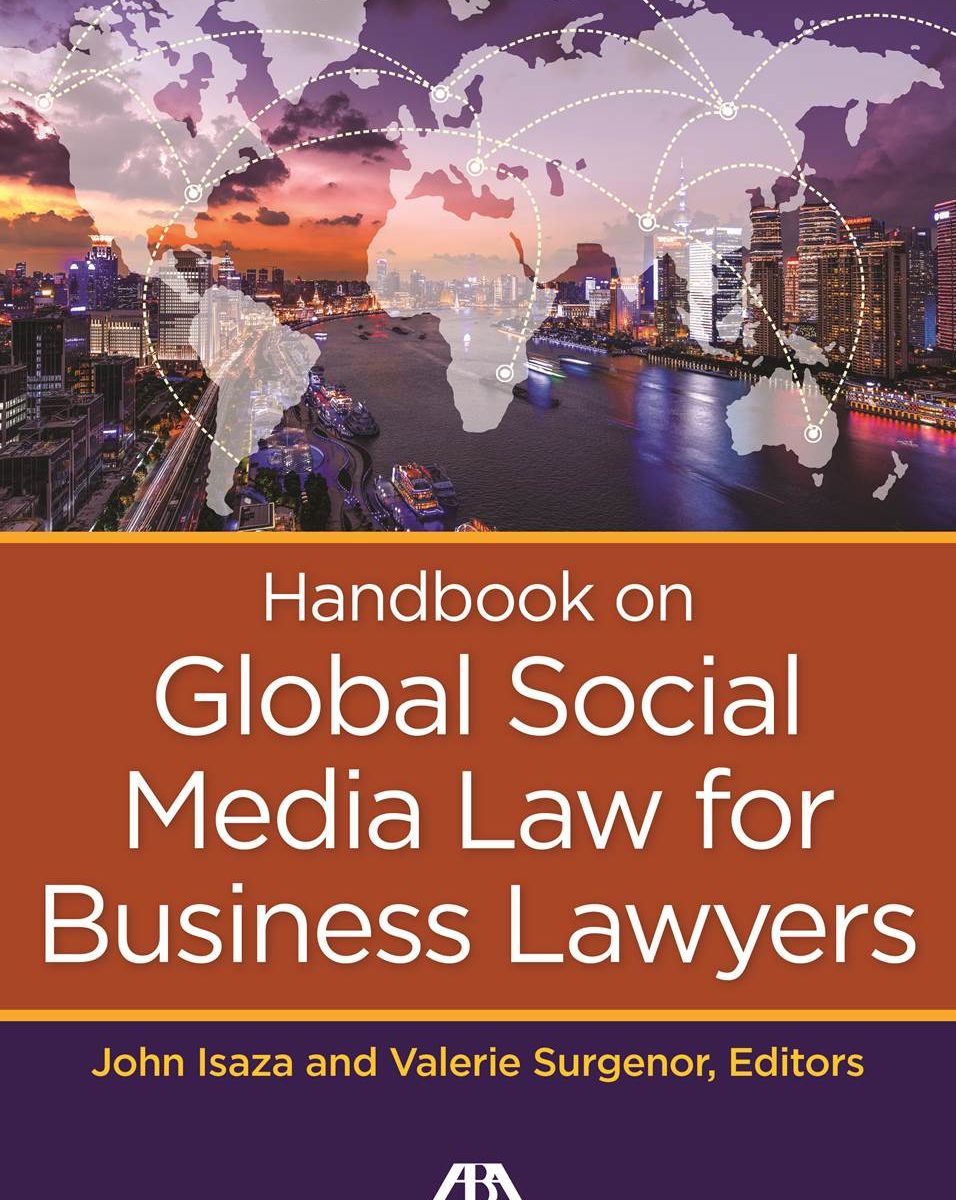Today (April 22, 2021) the U.S. Supreme Court dealt a significant blow to the practice by the Federal Trade Commission (“FTC”) of imposing restitution requirements on violators of the Federal Trade Commission Act (“Act”).
In a unanimous decision written by Justice Stephen G. Breyer, the Court held that §13(b) of the Act was never intended, nor affords the FTC the authority to obtain restitution or require bad actors in the commercial marketplace to disgorge any monies they may have received as a consequence of their bad acts.
Although the Supreme Court agreed the FTC could enforce the Act through its own administrative proceedings under §5 of the Act, it held that the 1970 addition to the Act that authorized the FTC to seek injunctive relief to stop activities prohibited by the Act, did not also authorize a claim for court-ordered monetary relief.
In this particular case, the lower court granted the FTC’s request for a permanent injunction against the defendant for certain deceptive payday lending practices, but also relied on §13(b) of the Act to require the bad actor (defendant) to disgorge and pay US$1.27 billion in restitution. The defendant appealed to the Ninth Circuit Court of Appeals which rejected defendant’s argument that monetary relief is not within the Commission’s authority to enforce the Act.
The U.S. Supreme Court disagreed, holding that nothing in the statute explicitly authorizes the FTC to obtain court-ordered monetary relief under §13(b) and the structure and history of the Act precludes a finding that such relief available to the Commission. This is a significant holding that clearly limits the FTC’s power to seek court-ordered monetary relief under §13(b) of the Act, from those alleged to be in violation of the Act.
You can read and download a copy of the decision in the case right here AMG Capital Management, LLC, et al., Applicants v. Federal Trade Commission, Certiorari to the United States Court of Appeals for the Ninth Circuit, No. 19-508 (Argued January 13, 2021; Decided April 22, 2021).
As always, if you want to know more about the information in this posting or if you have any questions, contact me, Joe Rosenbaum, or any of the lawyers at Rimon Law with whom you regularly work.








